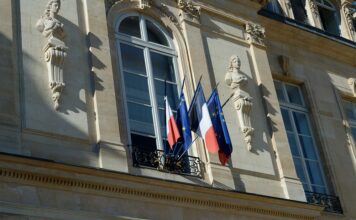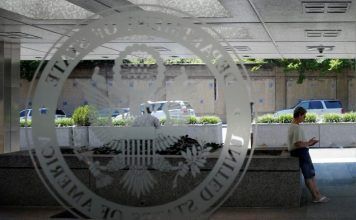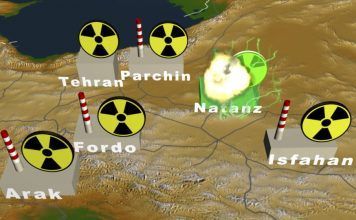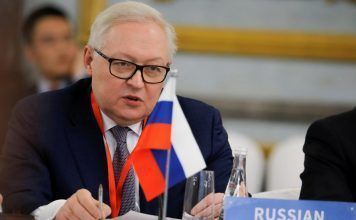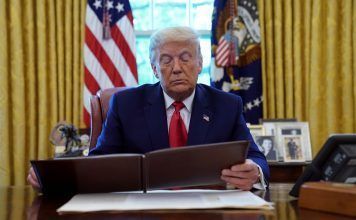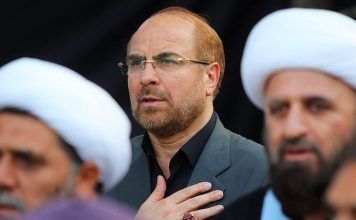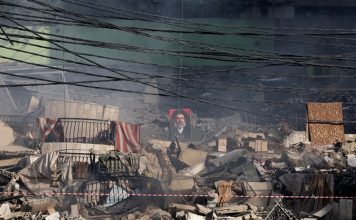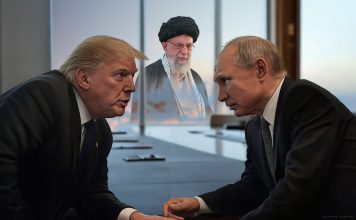June 7 – Britain, France and Germany welcomed a resolution asking the Islamic Republic to increase its cooperation with the United Nations atomic watchdog this week.
The three countries urged the Islamic Republic in Iran to carry out several legal obligations connected to its nuclear program, and to produce an assessment on the presence or use of any undeclared nuclear materials.
The state’s nuclear program was made the subject of an agreement in 2015, amid concerns by the West about the regime’s intentions to build an atomic bomb.
The Henry Jackson Society, a neoconservative think thank based in the UK urged the British government to launch a direct attack on Iran, in a report it published.
The think tank said the West’s policies on Iran had “failed spectacularly”, including its use of deterrents such as sanctions, and the 2015 Joint Comprehensive Plan of Action which was designed to stem Iran’s nuclear program.
Recommendations in the report included targeting Islamic Revolutionary Guard Corps bases in the Middle East and elsewhere, carrying out cyber attacks on Iran’s infrastructure and stemming its uranium enrichment facilities.
And two whistleblowers accused a British bank of carrying out transactions with sanctioned Iran-linked companies, including those with connections to Hezbollah and the Taliban according to a lawsuit filed in New York.
The transactions, allegedly enabled by Standard Chartered, are reported to amount to billions of dollars and were undetected until whistleblowers re-examined documents previously provided to US authorities in a longstanding court case against the bank.
Julian Knight, a former executive at Standard Chartered and currency trader Robert Marcellus found concealed data covering more than half a million financial transactions, according to a report by the Financial Times.

